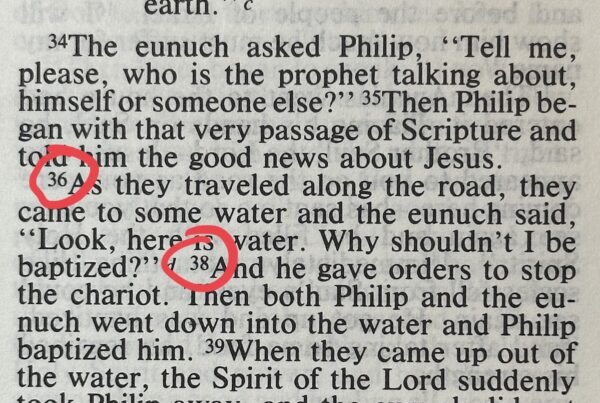- It is true that the Bible talks about hell. Jesus Himself referred to it many times. It may seem like an “unloving” thing, but we should remember that God is not just a God of love; He is a God of righteousness. And He has every right to expect righteousness and deliver justice. Unfortunately, according to the Bible, not one person is righteous on his or her own; we have all sinned (Romans 3:23). In that sense, justice alone would seem to demand nothing but a very unpleasant consequence—hell. God’s love, however, makes it possible for the righteousness of Jesus Christ to be applied to us based on our faith and trust in Him. That’s the good news of the Gospel.
- Even for many unbelievers, the reality of a hell may seem appropriate for those who are universally regarded as horrendously evil. (World history would suggest a list.) The bigger concern seems to be over those who are not so blatantly “evil to the core.” For example, how could God require the same eternal punishment for Adolf Hitler and my great grandmother who may have been very loving but who did not accept Jesus as her savior? However, this question (and its implied rhetorical answer) is based on several questionable assumptions: that God has only two eternal categories of people—the saved and the lost—and that all people—both saved and lost—will have exactly the same kinds and levels of rewards and punishments. While we should not “sugar coat” the notion of hell, there are biblical reasons to think that the combination of God’s love and justice has many more options than simply throwing everybody into one pot (heaven) or the other (hell).
For more on this question, click here.





